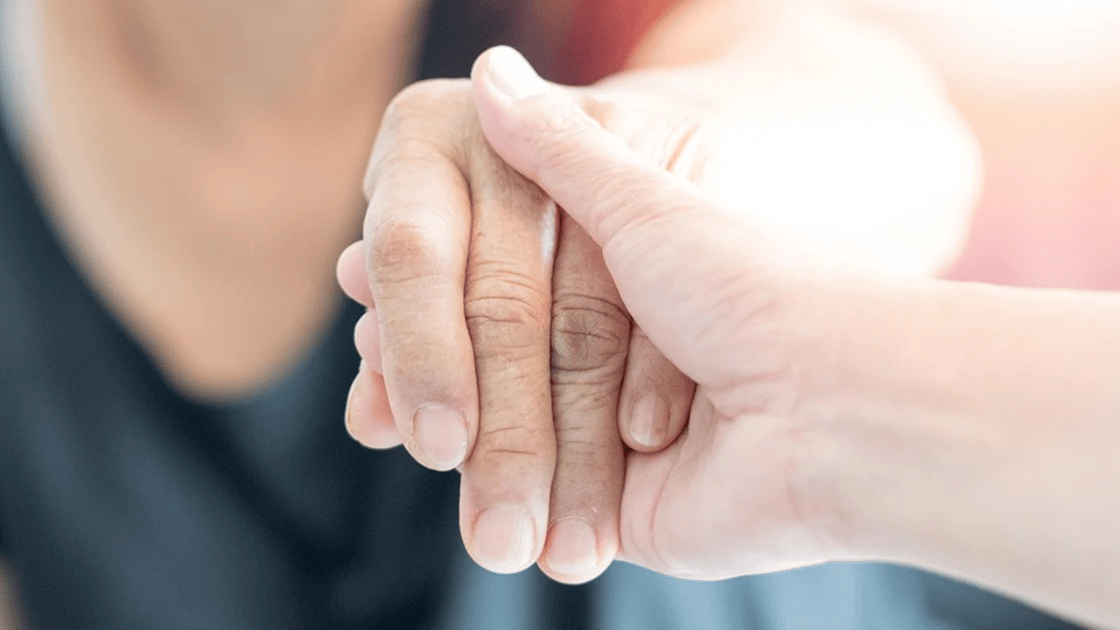The Role of Forgiveness in Recovery
November 23, 2025 •Tara Treatment Center l Franklin, Indiana

Rebuilding life after addiction is more than breaking free from substances, it’s about healing from the inside out. One of the most powerful, and often overlooked, elements of lasting recovery is forgiveness.
Forgiveness doesn’t mean forgetting the past or excusing harmful behavior. It means freeing yourself from guilt, resentment, and emotional pain that can hold you back from a full recovery. At Tara Treatment Center, we understand that forgiveness, both of self and others, is essential to creating lasting change and peace of mind.
Why Forgiveness Matters in Recovery
 Addiction often leaves behind a trail of pain: broken relationships, lost trust, and a deep sense of shame. Without forgiveness, these emotional burdens can become barriers to growth and sobriety.
Addiction often leaves behind a trail of pain: broken relationships, lost trust, and a deep sense of shame. Without forgiveness, these emotional burdens can become barriers to growth and sobriety.
Holding on to guilt or resentment keeps individuals trapped in the same mental and emotional patterns that fueled addiction in the first place. True recovery requires emotional freedom, and forgiveness is the key that unlocks it.
As we often share with clients, forgiveness is not a single moment, it’s a process. It takes courage to face the past, but each step toward compassion brings greater healing and peace.
Self-Forgiveness: Releasing the Weight of Guilt
Many people entering recovery struggle to forgive themselves for choices made during addiction. Feelings of shame or regret can be overwhelming, but self-forgiveness allows you to accept responsibility while releasing self-punishment.
Self-forgiveness begins with understanding that addiction is a disease, not a moral failing. Recognizing this truth opens the door to self-compassion, which strengthens emotional resilience and supports sobriety.
At Tara Treatment Center, clients are encouraged to reflect on past actions, make amends, and focus on growth rather than guilt. When individuals forgive themselves, they create space for transformation and hope.
You can learn more about rebuilding self-trust and connection in our post on Family Trust After Recovery.
Forgiving Others: Breaking the Cycle of Resentment
Addiction doesn’t occur in isolation, it affects everyone connected to the individual. Loved ones may have been hurt, disappointed, or even enabled destructive behavior. Likewise, individuals in recovery may feel angry toward those who they believe contributed to their pain.
Holding onto resentment only reinforces emotional distress and can threaten recovery progress. Forgiving others doesn’t erase what happened; it allows you to reclaim peace and release the control the past has over you.
Forgiveness also invites reconciliation. When both sides acknowledge pain and choose compassion, families can begin rebuilding relationships grounded in honesty and empathy.
Our article on Hope Post Recovery explores how this process can strengthen families and renew optimism for the future.
Letting Go: A Catalyst for Emotional Growth
 Forgiveness is not a weakness, it’s an act of strength and transformation. By letting go of anger and shame, individuals in recovery can redirect their energy toward personal growth and healthier relationships.
Forgiveness is not a weakness, it’s an act of strength and transformation. By letting go of anger and shame, individuals in recovery can redirect their energy toward personal growth and healthier relationships.
This emotional release supports mental health, reduces stress, and encourages mindfulness. It also aligns with principles found in the 12-Step approach, particularly the steps centered on making amends and continuing self-reflection.
Learn how these spiritual and practical steps support lifelong healing in 12 Steps and Recovery.
Practical Ways to Cultivate Forgiveness
Forgiveness can feel overwhelming, but small steps can lead to meaningful change:
- Practice Self-Reflection: Acknowledge mistakes and understand the reasons behind them without harsh self-judgment.
- Develop Empathy: Recognize that others’ actions often come from their own pain or misunderstanding.
- Release Control: You can’t change the past, but you can decide how you carry it forward.
- Seek Support: Group therapy, counseling, and family discussions can offer perspective and encouragement.
Forgiveness is a gradual process. It requires patience, persistence, and sometimes guidance from supportive professionals and peers.
For more on how mental health and emotional balance play vital roles in recovery, read Mental Health and Addiction Recovery.
Forgiveness as a Path to Freedom
When forgiveness takes root, healing deepens. The process helps individuals rebuild self-worth, strengthen family bonds, and rediscover joy. Most importantly, it allows for a future not defined by addiction but by growth, gratitude, and peace.
At Tara Treatment Center, we believe every person deserves the chance to heal, not only physically but emotionally and spiritually.
If you’re ready to begin that journey, explore our treatment programs and discover how compassionate, evidence-based care can help you find forgiveness, freedom, and lasting recovery.
